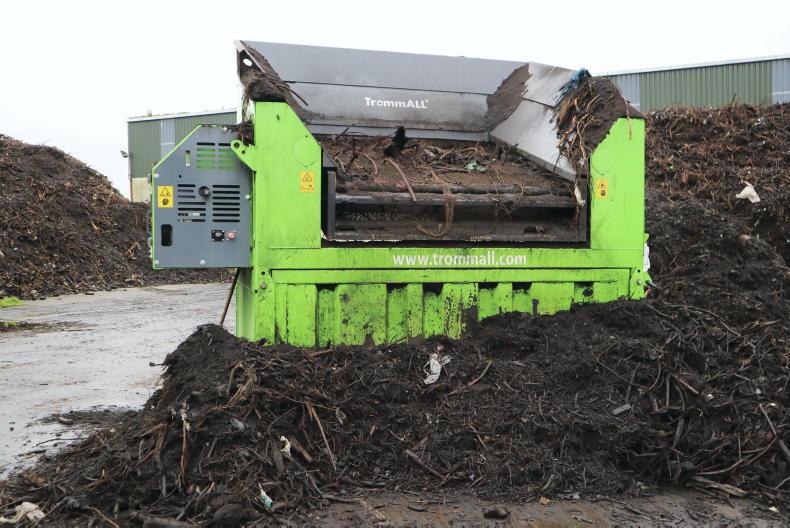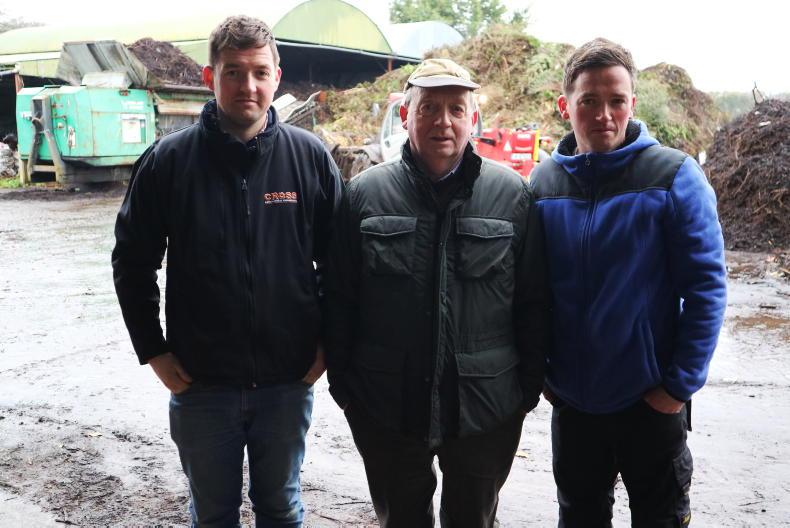A landmark judgement against An Bord Pleanála may be vindication for a Kildare farming family locked in a planning battle for a decade.
Earlier this month, Justice David Barniville found that Cork local activist group CHASE were entitled to challenge An Bord Pleanála’s decision to approve planning for a €160m incinerator in Cork.
The most significant issue he based his decision on was the possibility that objective bias existed, because of a connection between a board member of An Bord Pleanála and Indaver, the company building the facility.
Cleary Compost & Shredding Ltd (CCS) is run by Pat, Gavin and Darragh Cleary at Larch Hill, Kildare.
They turn green waste (foliage, Christmas trees, vegetation and grass cuttings) into agricultural fertiliser through a process of shredding and ensiling.

The Clearys in 2013 applied for an extension to their licence, to increase the tonnage allowed annually from 10,000t to 22,500t.
Pat Cleary believes that An Bord Pleanála should, as a matter of urgency, review this case as clear parallels exist with the Cork judgement. Mr Cleary says Mr Conall Boland signed the order denying the Clearys an oral hearing with An Bord Pleanála to present the case for their application. Mr Boland also signed the order on behalf of An Bord Pleanála dismissing the planning application.
Pat Cleary, in a letter written to An Bord Pleanála in 2018, holds that Mr Boland’s previous association with the Composting and Anaerobic Digestion Association of Ireland (Cre), which represents composters, should have seen him exclude himself from involvement in the Clearys’ planning application, as a possible objective bias existed.
The Clearys pursued the matter in a High Court review, which ruled the issue of objective bias inadmissible and was restricted to examining points of law. An application for the case to be heard in the Supreme Court was subsequently declined.
The Cork judgment made clear that no assertion of actual bias was made, merely the existence of objective bias, something akin to conflict of interest.
Justice Barniville stated in his judgement “a reasonable objective observer would have a reasonable apprehension the board might not be capable of considering and determining Indaver’s 2016 planning application in an unbiased and impartial manner”.
Mr Boland was the member of An Bord Pleanála found to have an objective bias in the Indaver case.











SHARING OPTIONS